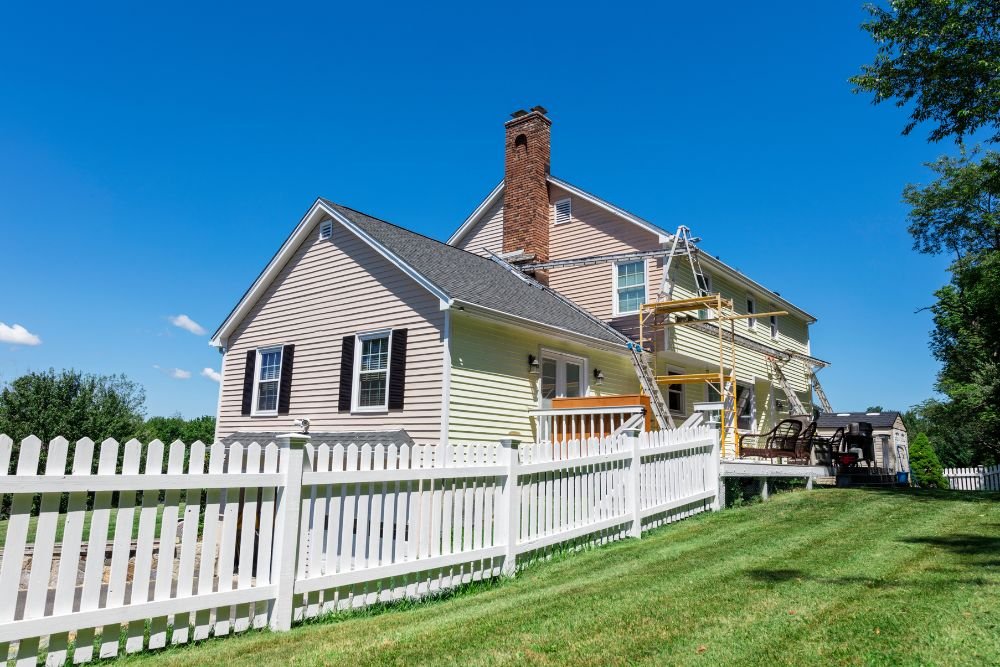What To Consider Before Selling a Fixer-Upper

Selling a fixer-upper opens the door to new possibilities, but making the right decisions at each step protects your investment. Knowing what to weigh before listing saves you stress and money, whether you’ve just inherited a property that needs TLC or are a seasoned real estate enthusiast. Here’s what to consider before selling a fixer-upper to set you up for a smarter, smoother sale.
Assess the Cost of Necessary Repairs
Start with a thorough audit of what needs fixing. Create a detailed list, from foundational issues to cosmetic fixes, such as flaking paint. Getting professional inspections for structural, electrical, and plumbing systems is smart, as hidden problems drastically impact your selling price.
If branches or leftover renovation debris is cluttering your yard, remember that buying a woodchipper simplifies landscaping cleanup by saving time and effort while offering mulch for the yard and garden. A clear estimate of repair costs will help you decide your next steps and prevent unpleasant surprises down the road.
Determine Your Target Buyer
Understanding who will likely buy your fixer-upper will shape your marketing approach and guide renovation decisions. Are you appealing to investors looking for their next project, first-time homebuyers aiming for affordability, or renovators seeking their dream home canvas? Tailor your home’s presentation by emphasizing features that resonate with your intended audience, such as the potential for customization or the property’s proximity to up-and-coming neighborhoods.
Research Comparable Property Values
Look closely at homes similar to yours recently sold in your area. Analyzing at least three comparable sales will help you set a realistic price and gauge the competition. Take note of features, condition, and how quickly those properties sold.
Capitalize on your fixer-upper’s outdoor potential when you price and list if it boasts a large yard that just needs a woodchipper weekend to shine. Accurate comparisons ensure you don’t overprice or undersell your investment.
Decide Whether To Sell As-Is or Renovate
Choosing whether to invest in repairs or list your home as-is comes down to time, budget, and how much risk you want to shoulder. Selling as-is attracts bargain-hunters and renovators but may mean accepting a lower price.
On the other hand, targeted renovations—such as fresh paint, minor kitchen fixes, or simply tidying up outdoor spaces to improve curb appeal—are important considerations when selling your fixer-upper and yield a higher return. Weigh your options carefully and calculate which route makes the most financial sense for you.
Factor in Holding Costs and Selling Expenses
It’s easy to overlook the ongoing costs you’ll incur while the home is on the market, including property taxes, insurance, utilities, and loan payments. Selling also brings expenses such as agent commissions, legal fees, and staging. Consider renting high-quality equipment to minimize time and ongoing maintenance costs until your property sells if you’re managing landscaping. Carefully tracking all these outlays helps you set a minimum acceptable sale price and avoid financial surprises.
Closing the sale of a fixer-upper is never a one-size-fits-all process, but careful preparation makes all the difference. Evaluate your repair options, know your audience, and study your market to confidently list your home. Connect with a trusted agent to help you achieve the best outcome and turn your fixer-upper into a winning sale when you’re ready to move.
